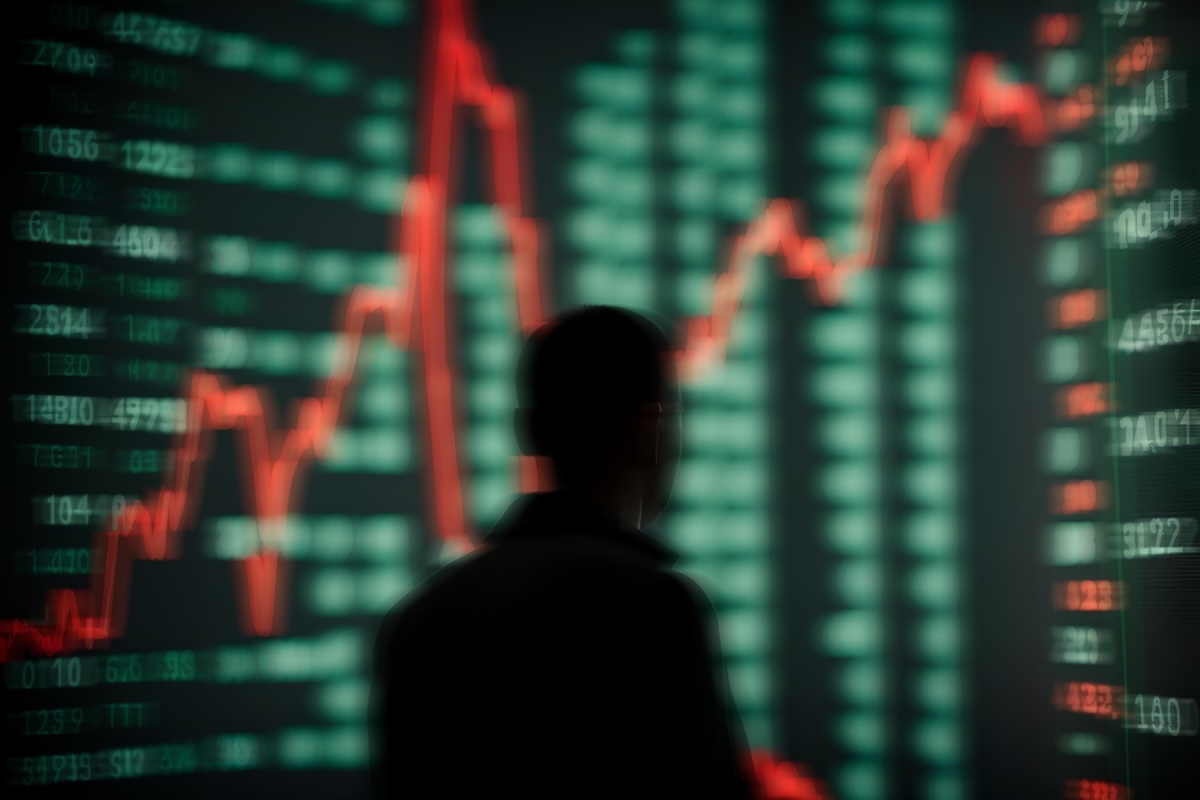
With earnings season in full swing, Wall Street is starting to see the real impact of President Trump’s tariffs on Corporate America.
And while many companies are still reporting solid quarterly results, their tone on the future is growing darker.
What’s clear from dozens of earnings calls this week: uncertainty is the new norm.
This is partly due to Trump’s famously erratic approach to trade policy, which has made it difficult for CEOs to anticipate what comes next.
But it’s also because businesses are only beginning to absorb the longer-term effects of the trade war, particularly with China.
Investors hope that Trump may be forced to pivot away from his hardline stance, as warnings about economic fallout grow louder.
But for now, corporate leaders appear to be bracing for more disruption ahead.
“As we look ahead, we expect more volatility and uncertainty, particularly related to global trade developments, which we expect will increase our supply chain costs,” said PepsiCo (PEP) Chairman Ramon Laguarta.
“At the same time, consumer conditions in many markets remain subdued and similarly have an uncertain outlook.”
Ironically, Q1 earnings have mostly beaten expectations.
About 73.9% of the 157 S&P 500 companies that had reported as of Thursday topped analyst forecasts, according to LSEG data.
But some analysts say the effect of tariffs hasn't kicked in yet, and the earnings tide may soon turn.
Consumers are pulling back
Although supply chains remain a major concern, especially for companies that rely heavily on Chinese production, corporate leaders are increasingly warning about the demand side.
Chipotle (CMG) CEO Scott Boatwright said the company’s sluggish Q1 was due in large part to shoppers staying on the sidelines.
“Saving money because of concerns around the economy was the overwhelming reason consumers were reducing the frequency of restaurant visits,” he said, citing internal research.
Constellation Brands (STZ), the parent company of Modelo beer, also cut its outlook for fiscal 2026, citing tighter consumer budgets.
CEO Bill Newlands noted that many of the company’s core Hispanic customers are scaling back social spending.
“Beer is quite a ways down the list, but it’s certainly on the list,” he said. “Social gatherings, an area where the Hispanic consumer often consumes beer, are declining today.”
At Procter & Gamble (PG), CEO Jon Moeller warned that tariffs are likely to lead to price hikes on everyday essentials — from diapers and shampoo to toothpaste and laundry detergent.
“We’re going through all the options we have to make this as painless for consumers as possible,” Moeller told CNBC’s Squawk Box.
“But there will likely be [price increases]. Tariffs are inherently inflationary, and we’re also looking at sourcing options.”
Wall Street bulls are having second thoughts
Even with Q1 earnings holding up, Wall Street is dialing back its targets.
Deutsche Bank strategists Parag Thatte and Binky Chadha are now calling for an earnings recession, slashing their full-year S&P 500 EPS forecast by 15% — from $282 to $240 — on fears of a tariff-induced hit to U.S. exports.
LPL Financial also lowered its 2025 target for the S&P 500. After projecting a fair-value range of 6,275 to 6,375 late last year, the firm now sees the benchmark landing between 5,650 and 5,800.
Like Deutsche Bank, LPL blames lower targets on the “storm of uncertainty” around tariffs and consumer demand.
Your email address will not be published. Required fields are markedmarked